
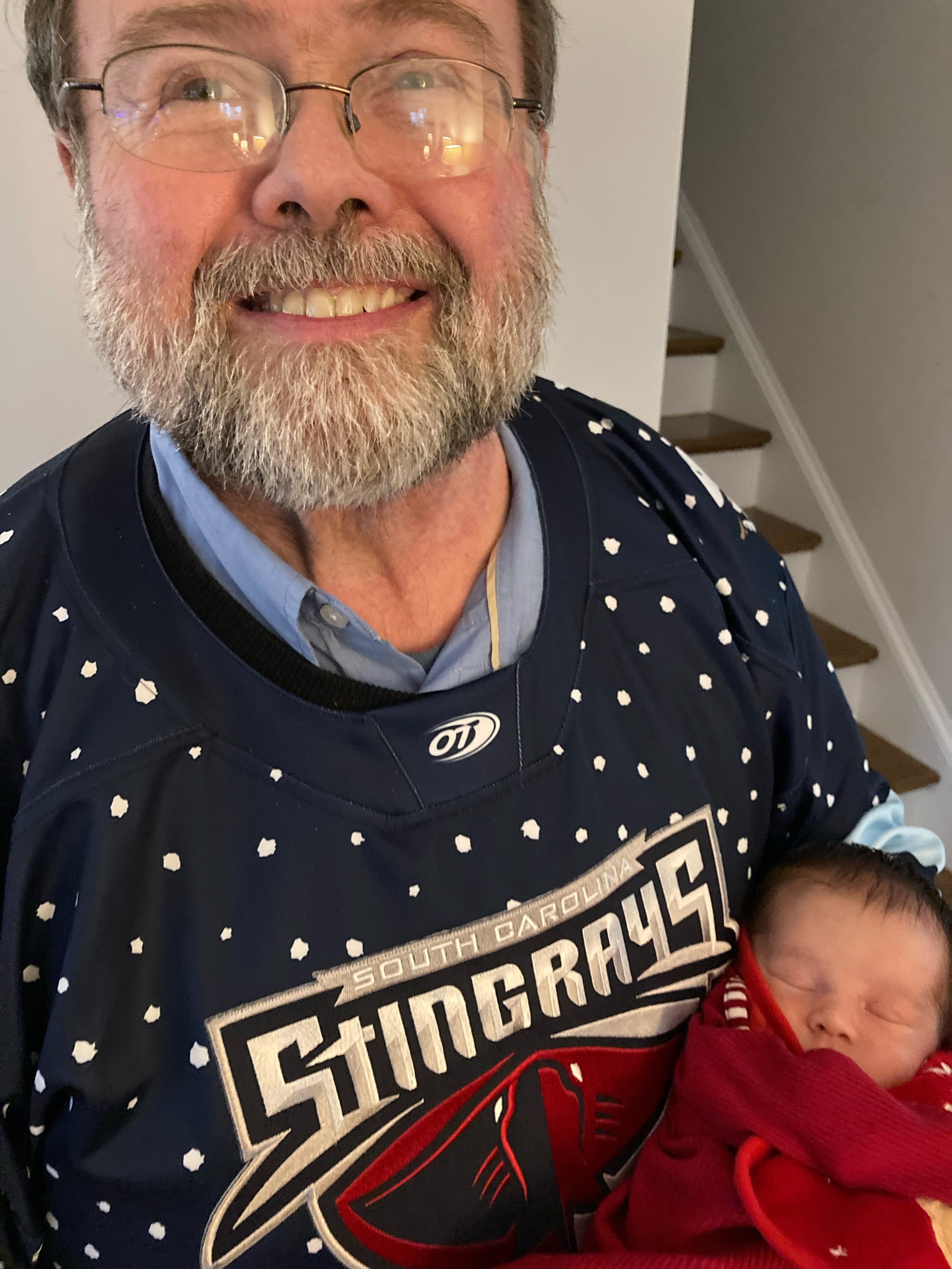
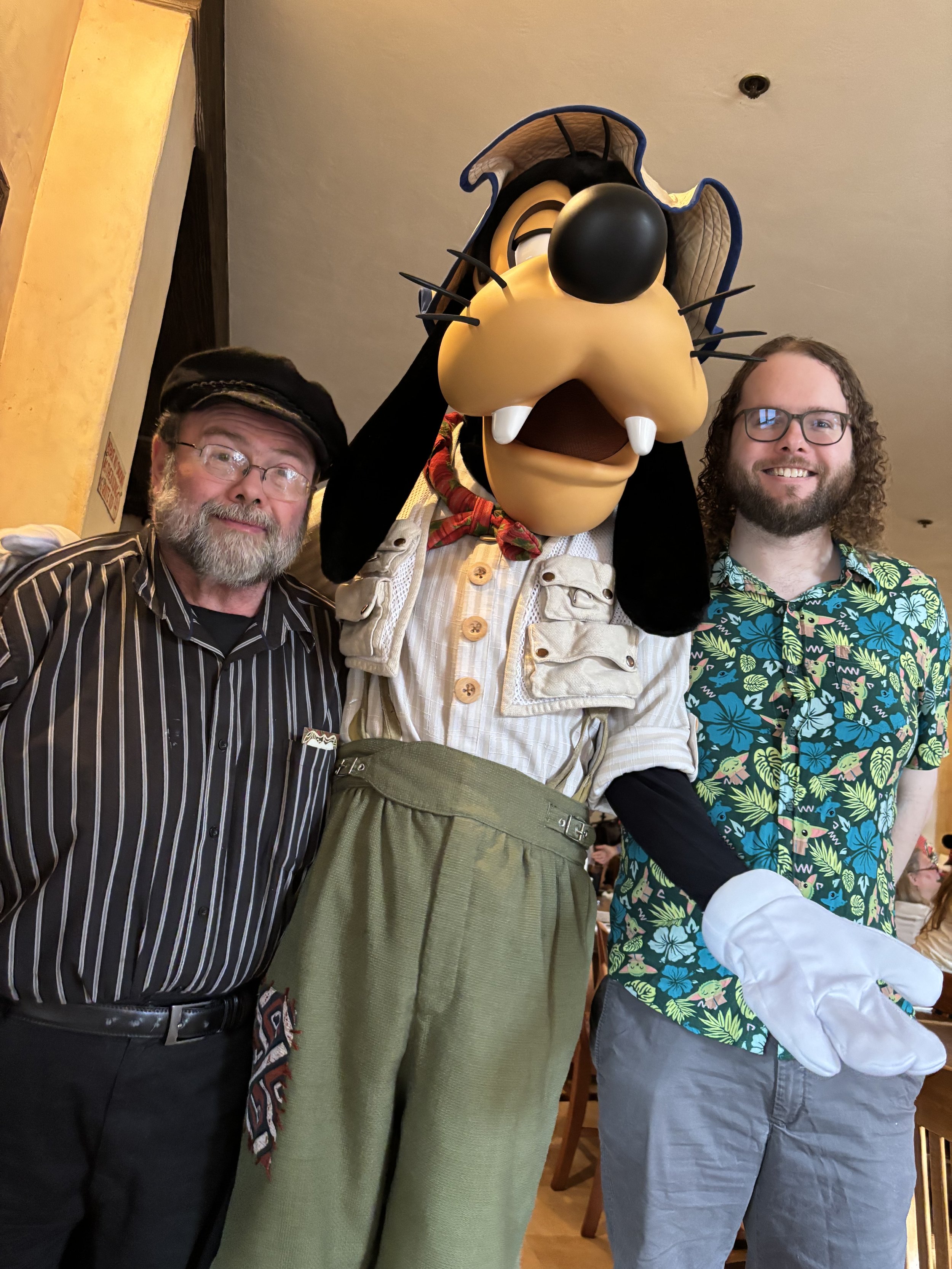
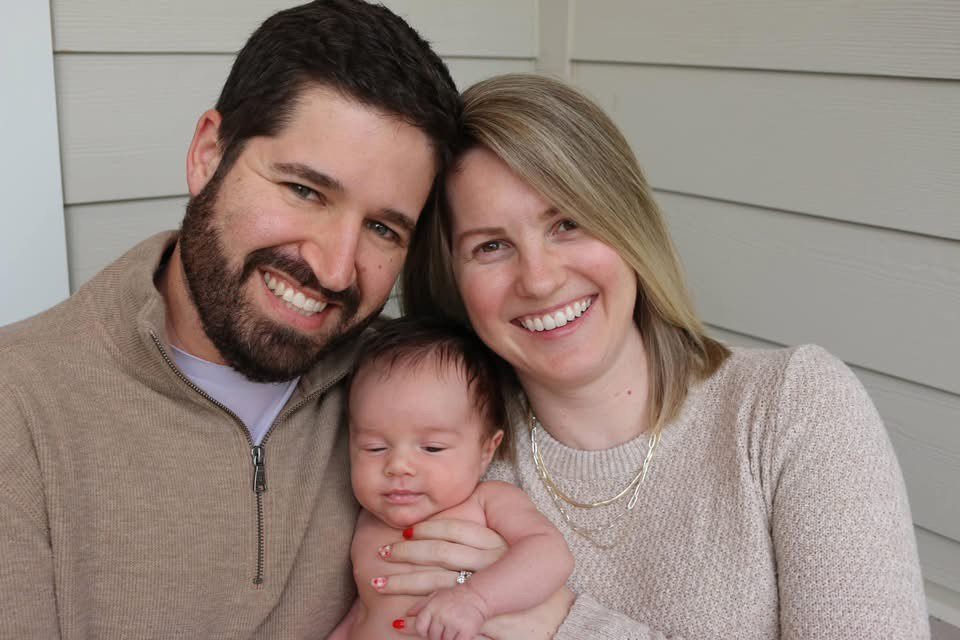
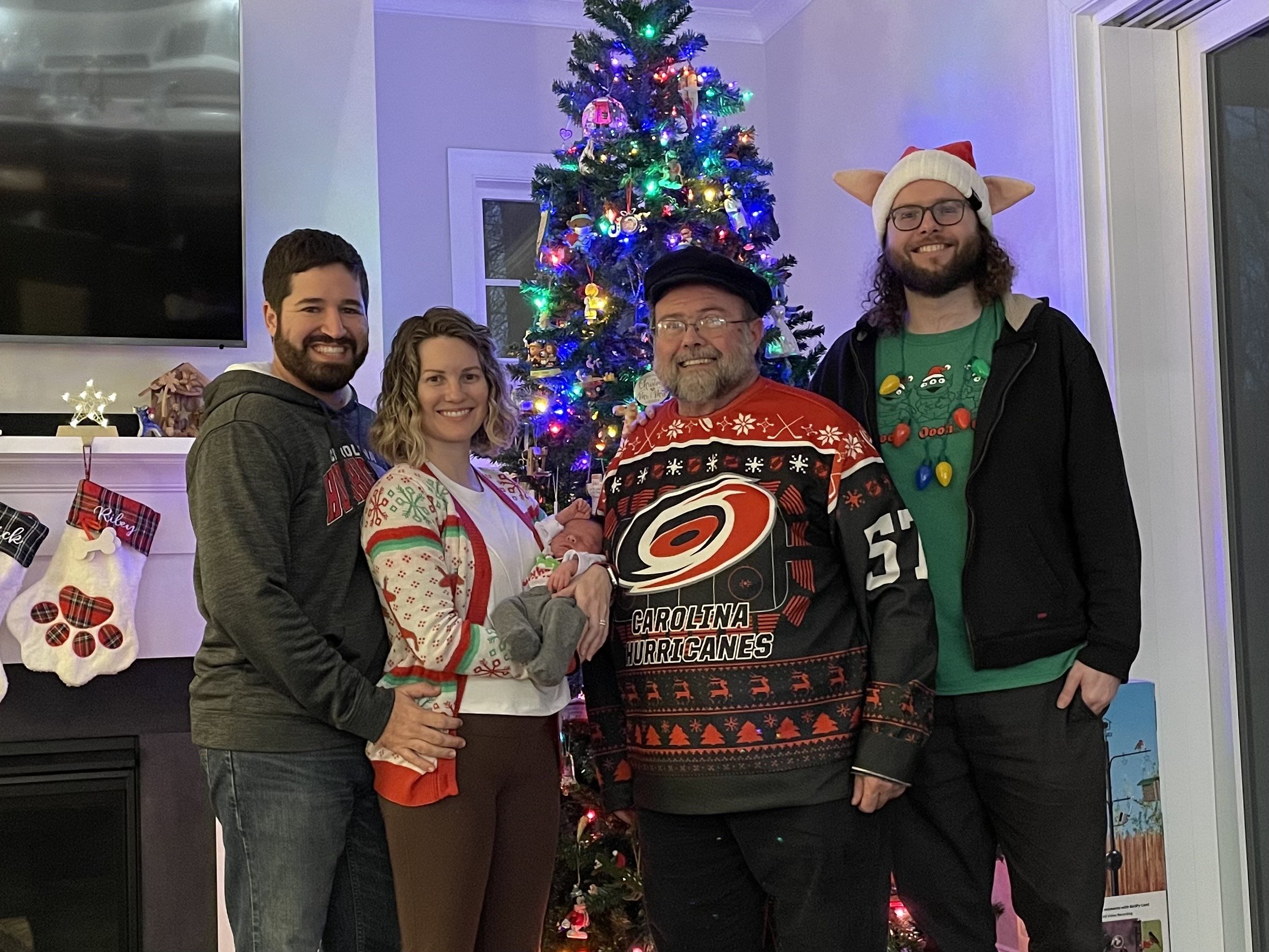
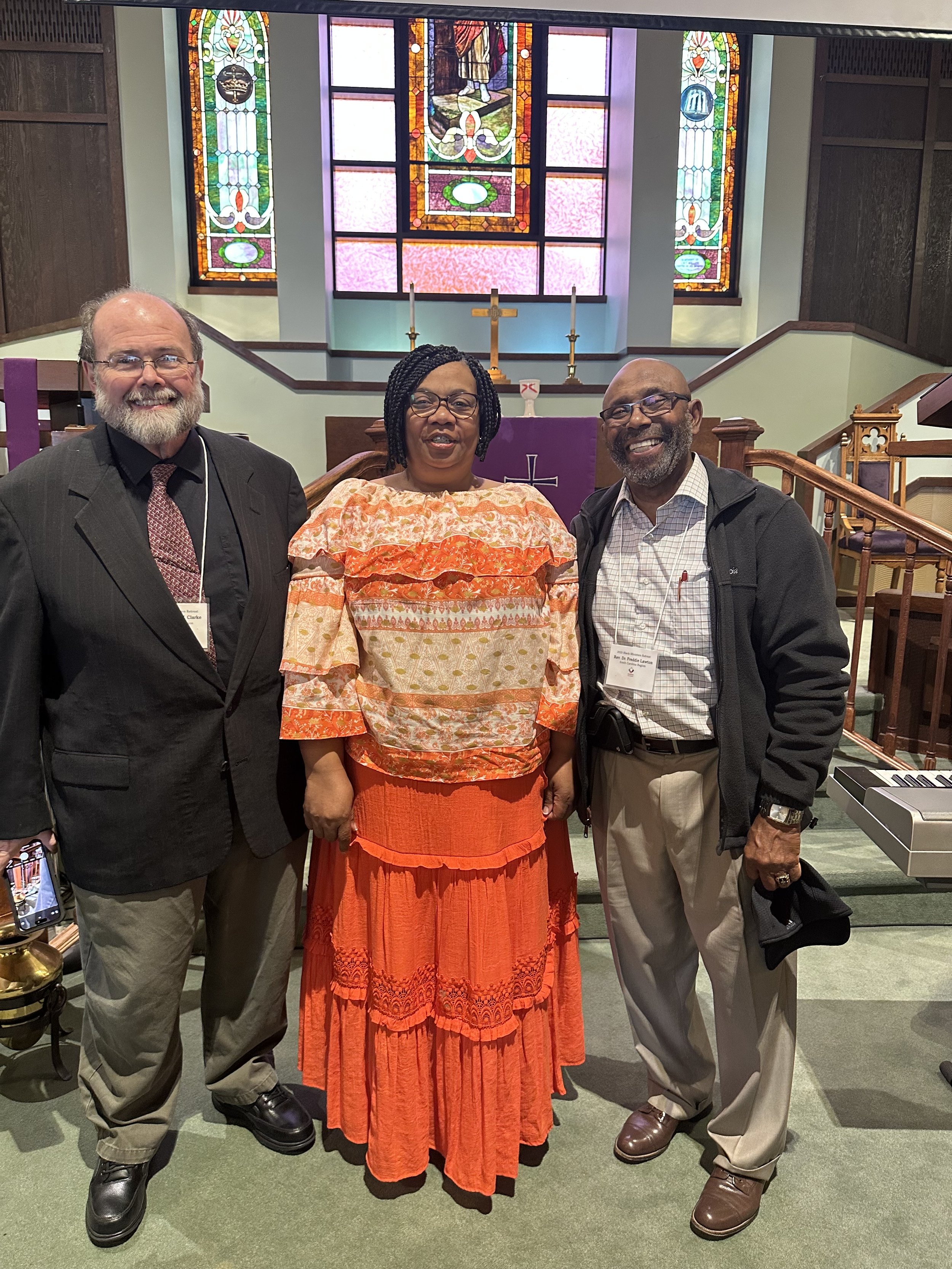
Meet Pastor Clarke
-
What motivated you to become a pastor?
My grandfathers were both ministers. My grandfather Clarke was a professor of mathematics at the Disciples of Christ college in Hiram, Ohio. He was also a licensed minister and performed weddings at the request of his students and also was frequently invited to preach in churches in Northeastern Ohio. My grandfather Helfer was an ordained Disciples of Christ minister and pastored congregations in Pennsylvania, Ohio, and Illinois. He was an army chaplain in both World Wars and after World War II, he was called to serve one of our churches in Baltimore, Maryland. I grew up under their influence and that helped me perceive my own call to the ministry.
-
What activities do you enjoy away from the church?
I am a hockey fan. My son and I have season tickets for the NHL team, the Carolina Hurricanes, based in Raleigh. We flew out to California in March to watch them beat the San Jose Sharks 3-1. I also attend some of the S.C. Stingrays minor league ECHL hockey games here in Charleston.
-
What is the last book you read?
I just read G. K. Chesterton’s book, “Saint Francis of Assisi,” while traveling this week, primarily while flying between Charleston and California.
I like to travel, and my last long trip, to the island of Malta, I read “The Kappillan of Malta,” by Nicholas Monserrat.
For Christian spiritual inspiration, here at home, I read the many books by Father Henri Nouwen.
-
If you could only preach one sermon for the rest of your life, what topic would you cover and why?
If I were to preach just one sermon every Sunday it would be “God’s Grace” and I would proclaim God’s unconditional love for all people, and all means all.
-
If you could have any superpower related to being a pastor, what would it be?
If I could have one superpower it would be the ability to heal a person physically. Jesus wept at the grave of his friend Lazarus. I remember holding back tears preaching in different decades over a period of thirty years at my last congregation at the graves of three young women, one in her twenties, one in her thirties, and one in her forties, each of whom died from cancer, at much too young an age.
